Apple has written to the U.S. Federal Communications Commission in support for the concept of net neutrality, with its four-page commentary arguing for the government agency to "retain strong, enforceable open internet protections" instead of rolling back the rules forbidding "fast lane" internet connections.
"An open internet ensures that hundreds of millions of consumers get the experience they want, over the broadband connections they choose, to use the devices they love, which have become an integral part of their lives," starts the comment signed by Cynthia Hogan, Apple's Vice President of Public Policy for the Americas.
Citing a "deep respect" for its customers' privacy, security, and control over personal information, Apple believes this extends to their internet connection choices as well. "What consumers do with those tools is up to them - not Apple, and not broadband providers," the statement claims, before urging the FCC to keep advancing the key principles of net neutrality.
Based on a belief of consumer choice with regards to connectivity, Apple insists broadband providers should not "block, throttle, or otherwise discriminate against lawful websites and services," and not create "paid fast lanes on the internet." Lifting current FCC bans on these restrictions could allow broadband providers to favor one service over another's, "fundamentally altering the internet as we know it today - to the detriment of consumers, competition, and innovation."
Allowing such fast lanes could result in an internet with heavily distorted competition, caused through online providers being forced to make deals or risk losing customers from providing a hampered service. Apple suggests the practice could "create artificial barriers to entry for new online services, making it harder for tomorrow's innovations to attract investment and succeed," effectively turning broadband providers into a king-maker based on its priorities.
Apple believes internet providers should disclose their traffic management policies to consumers, a move which could help consumers make informed choices about their broadband services. The transparency would also assist online service providers, who need clear information about the policies to understand how their services will be delivered to consumers.
Competition between providers of the "last-mile broadband connections" is considered to be crucial for protecting an open internet, with Apple citing FCC data claiming 57 percent of Americas with fixed broadband connections meeting or exceeding the current FCC benchmark for advanced broadband services have the choice of only one provider. This inability to switch broadband providers, even if it is discovered net neutrality rules are not being followed by the company, means consumers "cannot make their voices heard through their market choices."
Apple also writes that the open internet "fosters innovation and investment," with new online services being created based on a level playing field without interference from broadband providers. The increased demand from consumers for online services drives a need for faster and better connections, in turn prompting network investment from broadband providers, in what Apple calls a mutually reinforcing virtuous circle that benefits consumers, productivity, and economic growth.
"Apple remains open to alternative sources of legal authority, but only if they provide for strong, enforceable, and legally sustainable protections, like those in place today," the end of the comment reads. "Simply put, the internet is too important to consumers and too essential to innovation to be left unprotected and uncertain."
The submission from Apple surfaces at the end of a period where the FCC accepted comments about the "Restoring Internet Freedom" initiative. The proposal, created under the leadership of FCC Chairman Ajit Pai, aims to reverse a decision made under former Chairman Tom Wheeler in 2015 that introduced regulation of internet providers as "Title II" common carriers.
Other technology companies, including Microsoft, Google, Amazon, and Twitter, have also spoken out against the proposal, alongside a number of major sites that took part in a "Day of Action" on July 12, to raise awareness of the plans to internet users and to encourage comment submissions to the FCC.
 Malcolm Owen
Malcolm Owen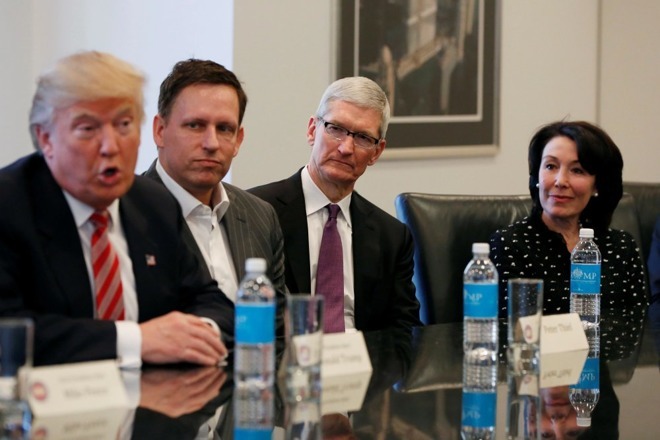
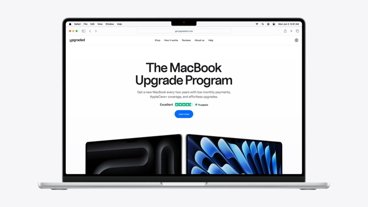

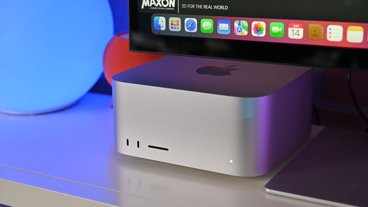
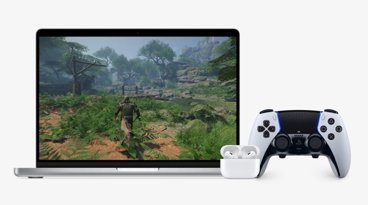


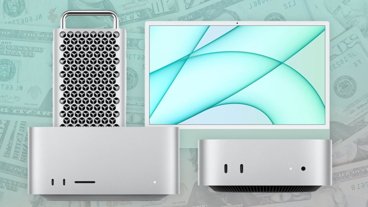
-m.jpg)






 Amber Neely
Amber Neely
 Christine McKee
Christine McKee


 William Gallagher
William Gallagher




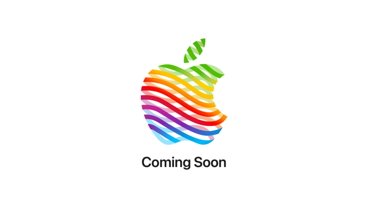






4 Comments
Enough with "net neutrality" already.
http://www.dailywire.com/news/18613/7-reasons-net-neutrality-idiotic-aaron-bandler
Let's try this again.
As a reminder, keep it civil.
I would hope that most people understand that this administration cares a whole lot more about big businesses than it does about people. Anything that's been changed to favor consumers over the last two decades is being cancelled or changed back to provide more benefits for big business. Apple is a very large big business, actually a huge business, that usually understands that they are around because people continue to purchase their products. I can't say the same thing about Comcast, AT&T, Verizon, and all the other FCC-regulated companies.
I hope this is civil enough. If not, then we might as well cut out all commenting just like MacWorld did.